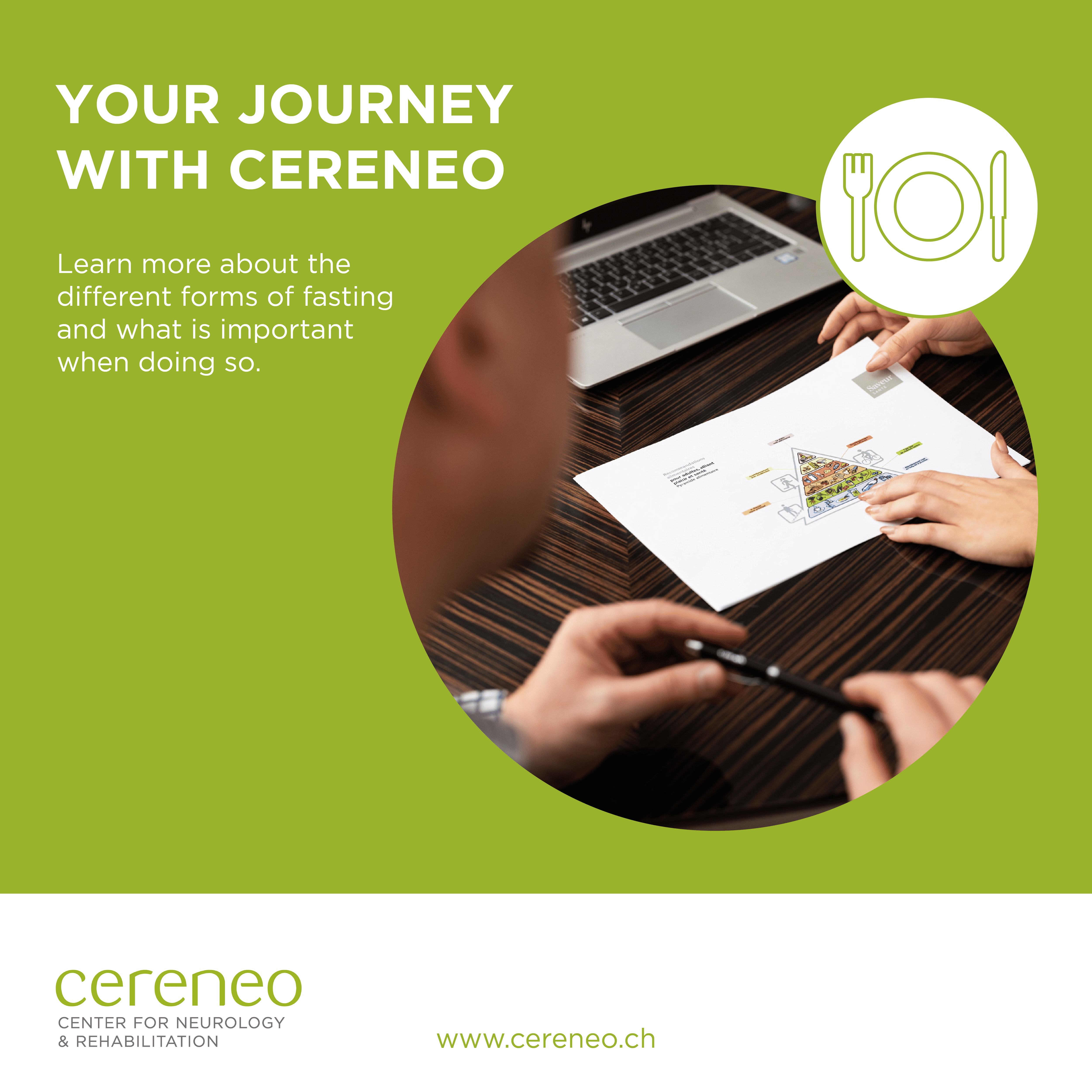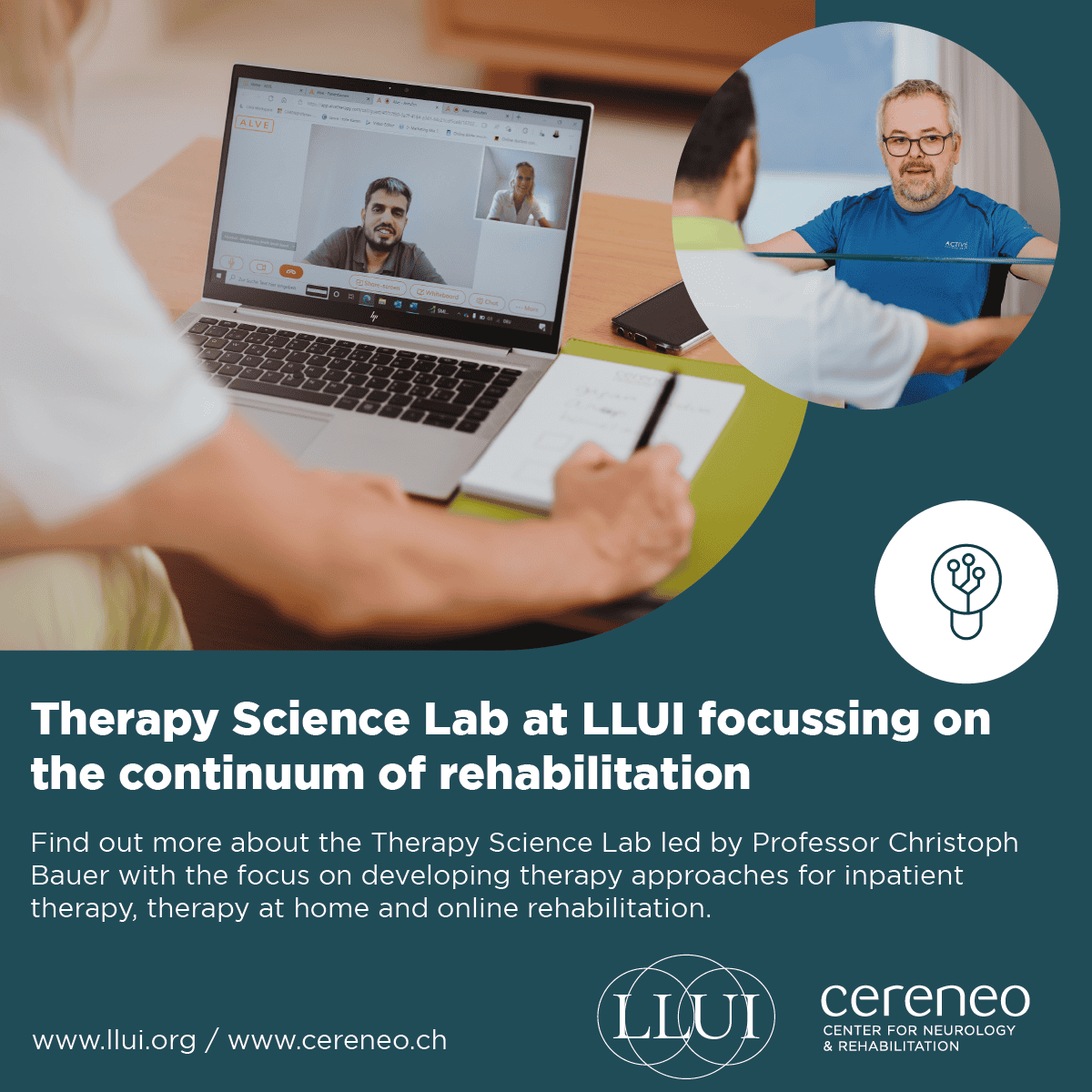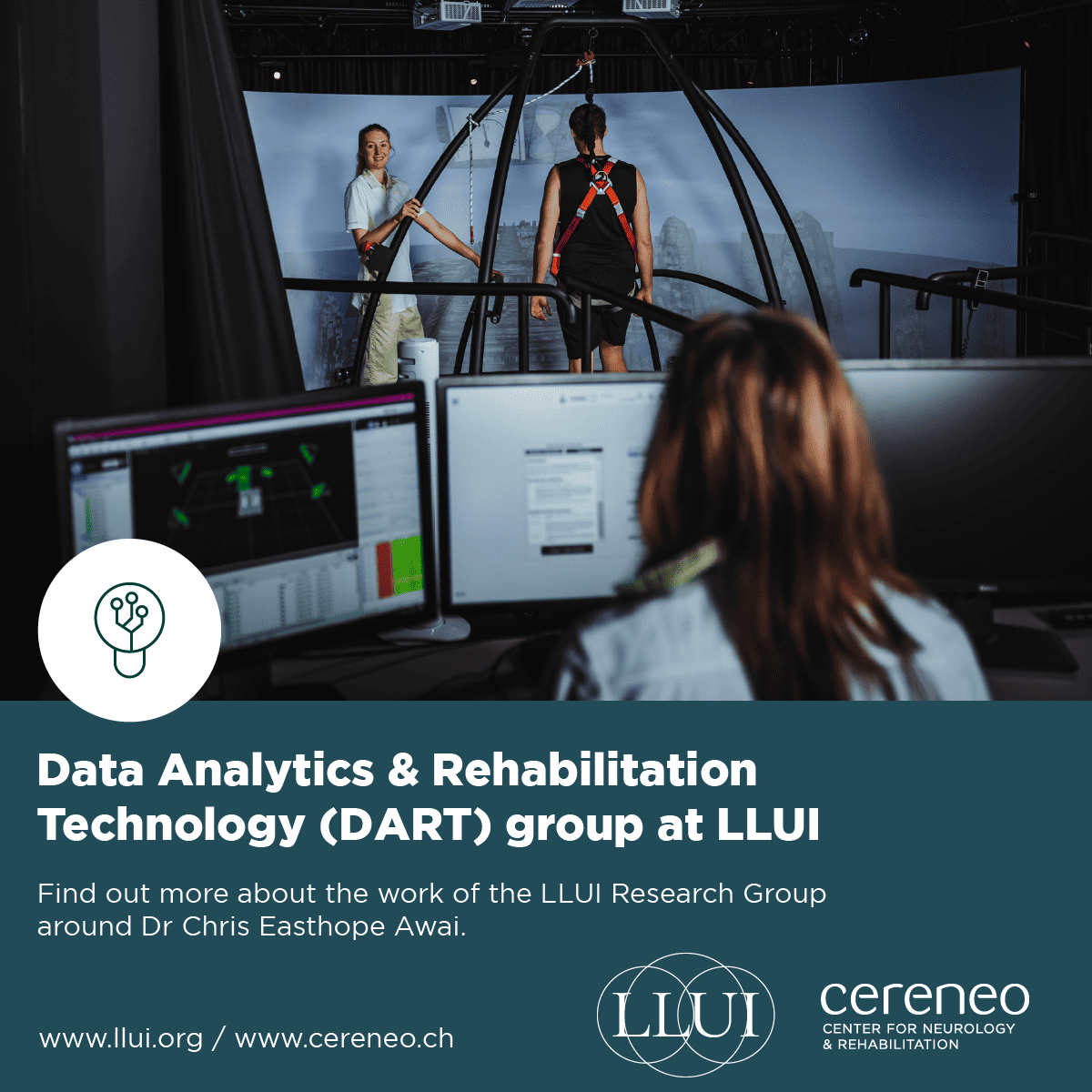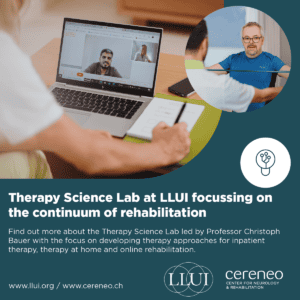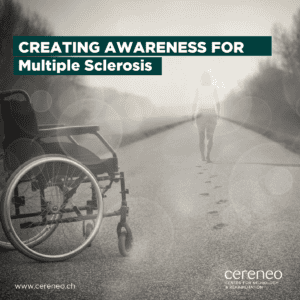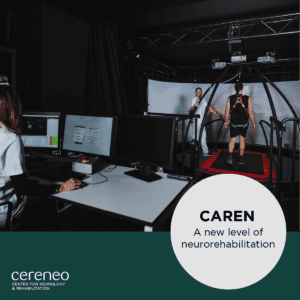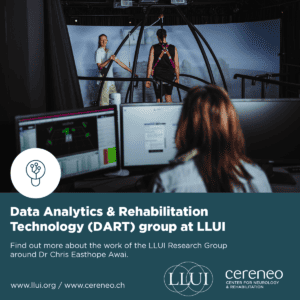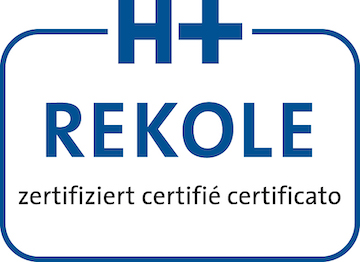Fasting is a practice with a rich history dating back to ancient times. It has been utilized by people from diverse cultures and religions not only as a spiritual ritual but also as a means of improving their health and quality of life.
In this post, we will explore the multifaceted aspects of fasting, from its traditional roots to modern approaches such as intermittent fasting.
Intermittent Fasting
Intermittent fasting is increasingly gaining popularity as a flexible and effective method for improving health. It’s not just about when you eat, but also how your body benefits during fasting periods. Research shows that intermittent fasting can enhance metabolism, contribute to weight loss, and reduce the risk of certain diseases. It’s important to focus on a nutrient-rich diet during eating periods to ensure the body receives all necessary vitamins and minerals.
Religious Fasting from a Nutritional Perspective
In religious fasting, as practiced in various cultures, the focus is often on complete or partial abstinence from food and fluids. From a nutritional standpoint, it’s particularly important to nourish the body with nutrient-rich food before and after fasting periods. A balanced diet rich in fruits, vegetables, whole grains, and lean protein sources supports health and helps prevent nutrient deficiencies.
For individuals who abstain from certain foods due to religious practices, such as Christianity or Hinduism, it is important to ensure that all essential nutrients are consumed despite dietary restrictions. In the case of complete abstinence, such as during Ramadan in Islam, it is crucial to optimize fluid intake and nutrient consumption after fasting to prevent dehydration and nutrient deficits.
Special Notes for Neurological Patients
Patients with neurological conditions are generally advised not to fast, as it could further affect their health. This aligns with the principles of many religions that exempt people with health issues from fasting obligations. However, if fasting is considered for personal reasons, paying special attention to diet is crucial. A balanced diet enriched with antioxidant foods, omega-3 fatty acids, and sufficient protein can support health. It’s imperative to seek medical advice or consult a dietitian before starting a fasting program to adjust individual dietary plans carefully and ensure the diet supports rather than hinders rehabilitation.
A Balanced Diet as the Key
A carefully planned and balanced diet is key, whether you choose intermittent fasting or fast for religious reasons. Proper nutrition can make a difference in the recovery and overall health of neurological patients. It is highly recommended that you consult with a dietitian to develop
